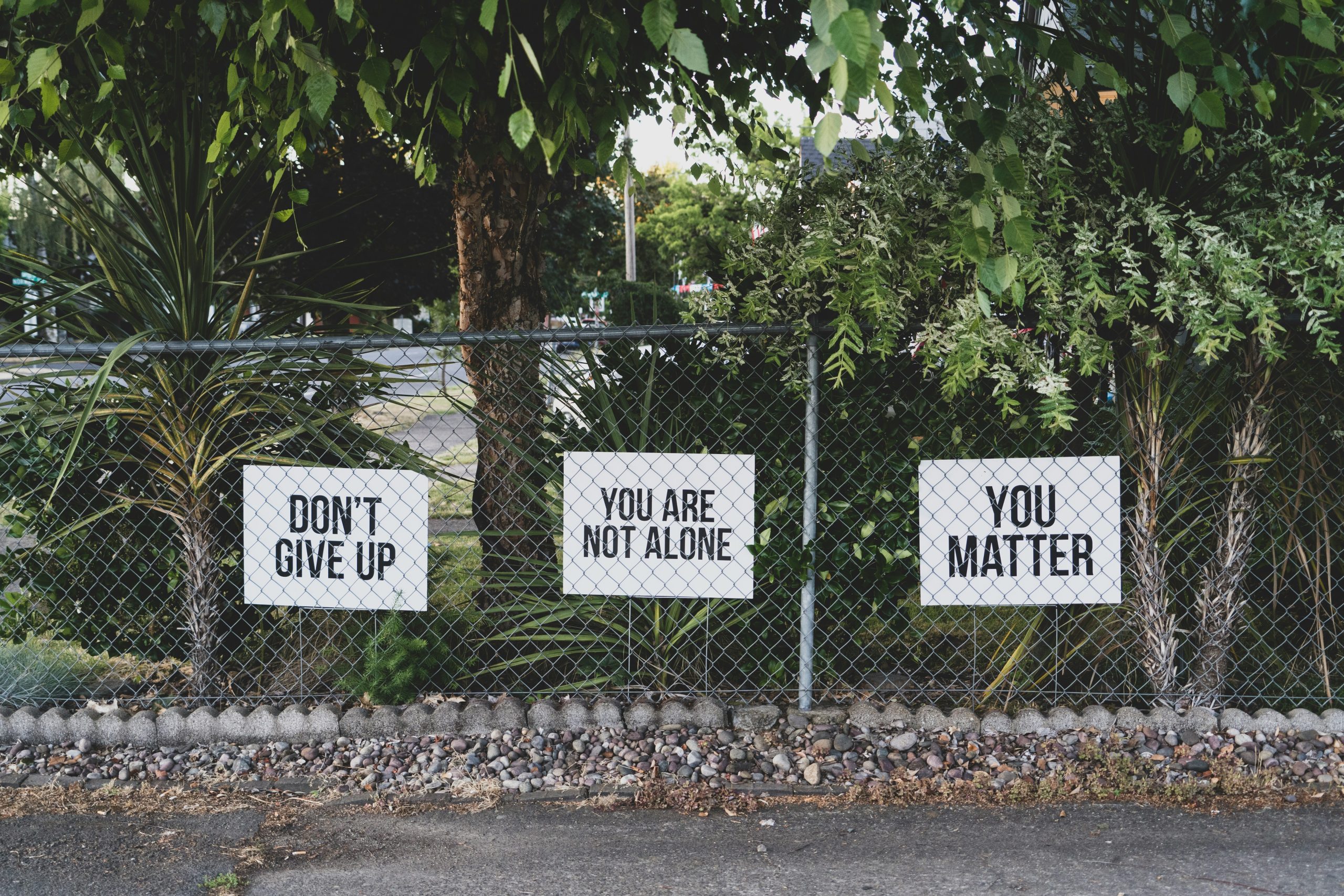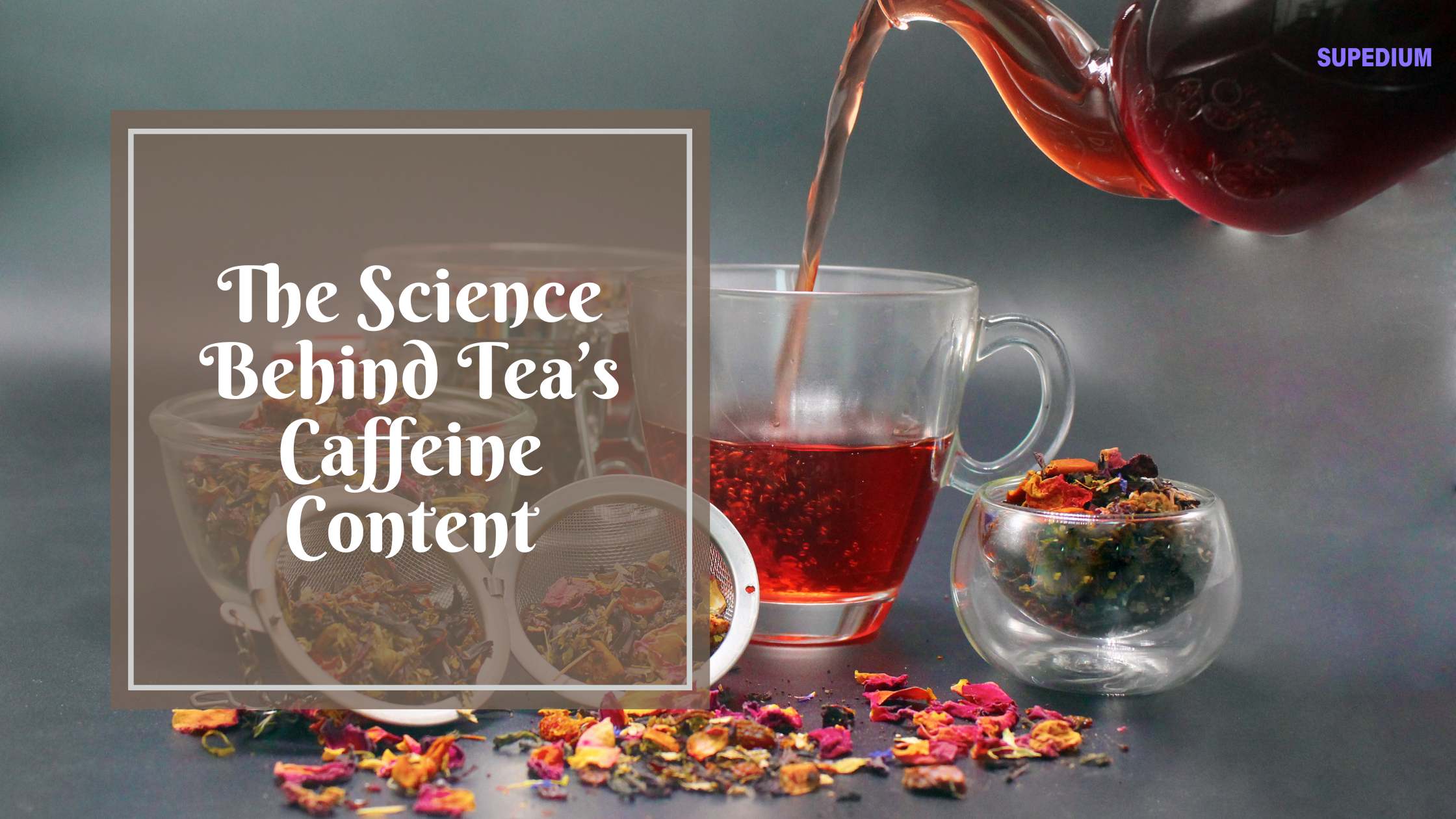Table of Contents
![]()
Introduction
Mental health is a crucial component of overall well-being, influencing how we think, feel, and act. Effective coping strategies are essential for managing stress, maintaining emotional balance, and addressing mental health challenges. This article provides a detailed overview of coping strategies, covering general practices, approaches for specific conditions, age-specific considerations, and professional help options.
General Strategies
- Mindfulness and Meditation
Mindfulness and meditation are powerful techniques for managing stress and enhancing emotional health. Mindfulness involves paying full attention to the present moment without judgment, which can reduce anxiety and increase self-awareness. Techniques such as deep breathing exercises and guided imagery help calm the mind and promote relaxation. Regular mindfulness practice has been shown to decrease symptoms of stress, depression, and anxiety, fostering a greater sense of emotional balance.
- Physical Activity
Engaging in physical activity is beneficial for mental health, as it can significantly improve mood and energy levels. Activities like aerobic exercise and yoga are particularly effective. Exercise stimulates the release of endorphins, which are natural mood lifters. Regular physical activity also helps reduce stress, anxiety, and depressive symptoms, contributing to overall mental well-being.
- Healthy Lifestyle Choices
Maintaining a balanced diet and staying hydrated are fundamental for mental health. Nutrient-rich foods support brain function and mood regulation. Similarly, establishing a consistent sleep routine and practicing good sleep hygiene—such as creating a restful environment and avoiding screens before bed—are crucial for mental health. Adequate sleep helps regulate emotions and cognitive function, making it easier to cope with stress.
- Social Support
Building and maintaining strong social connections are vital for mental health. Positive relationships with friends and family provide emotional support and a sense of belonging. Joining support groups or engaging in community activities can also enhance social networks and provide additional support. Social connections help mitigate feelings of isolation and provide practical and emotional assistance during challenging times.
Coping Strategies for Specific Conditions
- Anxiety Disorders
For individuals with anxiety disorders, cognitive-behavioral techniques can be particularly effective. These include challenging negative thoughts and gradually exposing oneself to anxiety-provoking situations to build tolerance. Relaxation exercises, such as progressive muscle relaxation and deep breathing, can help manage immediate anxiety symptoms and reduce overall stress levels.
- Depression
Individuals dealing with depression can benefit from establishing structured routines and engaging in activities that promote a sense of accomplishment. Behavioral activation involves setting small, achievable goals and gradually increasing activity levels to combat feelings of hopelessness. Maintaining a routine provides stability and purpose, which are important for managing depressive symptoms.
- Obsessive-Compulsive Disorder (OCD)
Exposure and response prevention (ERP) is a well-established method for managing OCD. This technique involves gradually facing obsessive thoughts or situations without engaging in compulsive behaviors. Combining ERP with mindfulness practices can also help manage symptoms by reducing the intensity of intrusive thoughts and improving emotional regulation.
Age-Specific Strategies
- Children and Adolescents
For younger individuals, coping strategies often involve school-based support and parental involvement. Schools can provide resources such as counseling services and educational accommodations. Parents play a crucial role by offering guidance, encouraging open communication, and helping children develop healthy coping mechanisms.
- Adults
Adults can benefit from strategies that address work-life balance and professional therapy. Managing stress at work, setting boundaries, and ensuring time for relaxation and hobbies are important. Professional therapy, such as individual or group counseling, offers a space to explore and address mental health concerns with a trained therapist.
- Elderly
For older adults, cognitive stimulation through activities such as puzzles, reading, and social engagement can help maintain mental acuity and emotional health. Staying connected with friends and family, participating in community events, and pursuing lifelong learning opportunities can enhance quality of life and reduce feelings of loneliness.
Delving into Professional Help
- Therapy Options
Professional therapy can provide structured support for managing mental health issues. Cognitive Behavioral Therapy (CBT) focuses on changing negative thought patterns and behaviors, while psychodynamic therapy explores underlying emotional conflicts and past experiences. Both approaches can be effective depending on individual needs and preferences.
- Medication
In some cases, medication may be necessary to manage mental health conditions. Various types of medication, such as antidepressants and anxiolytics, can help alleviate symptoms and improve quality of life. It is important to work closely with healthcare providers to determine the appropriate medication and dosage, as well as to monitor potential side effects.
Ultimate Goals of Coping Strategies
The ultimate goal of implementing coping strategies is to enhance overall well-being, build resilience, and improve the ability to adapt to life’s challenges. Effective coping mechanisms can lead to better emotional regulation, reduced stress, and a higher quality of life.
Conclusion
Coping strategies are essential tools for maintaining mental health and addressing various challenges. By incorporating mindfulness, physical activity, healthy lifestyle choices, and social support into daily life, individuals can better manage stress and emotional difficulties. For specific conditions, tailored approaches such as therapy and medication may be necessary. Understanding and utilizing these strategies can lead to a more balanced and resilient approach to mental health.
Share This





Be the first to comment